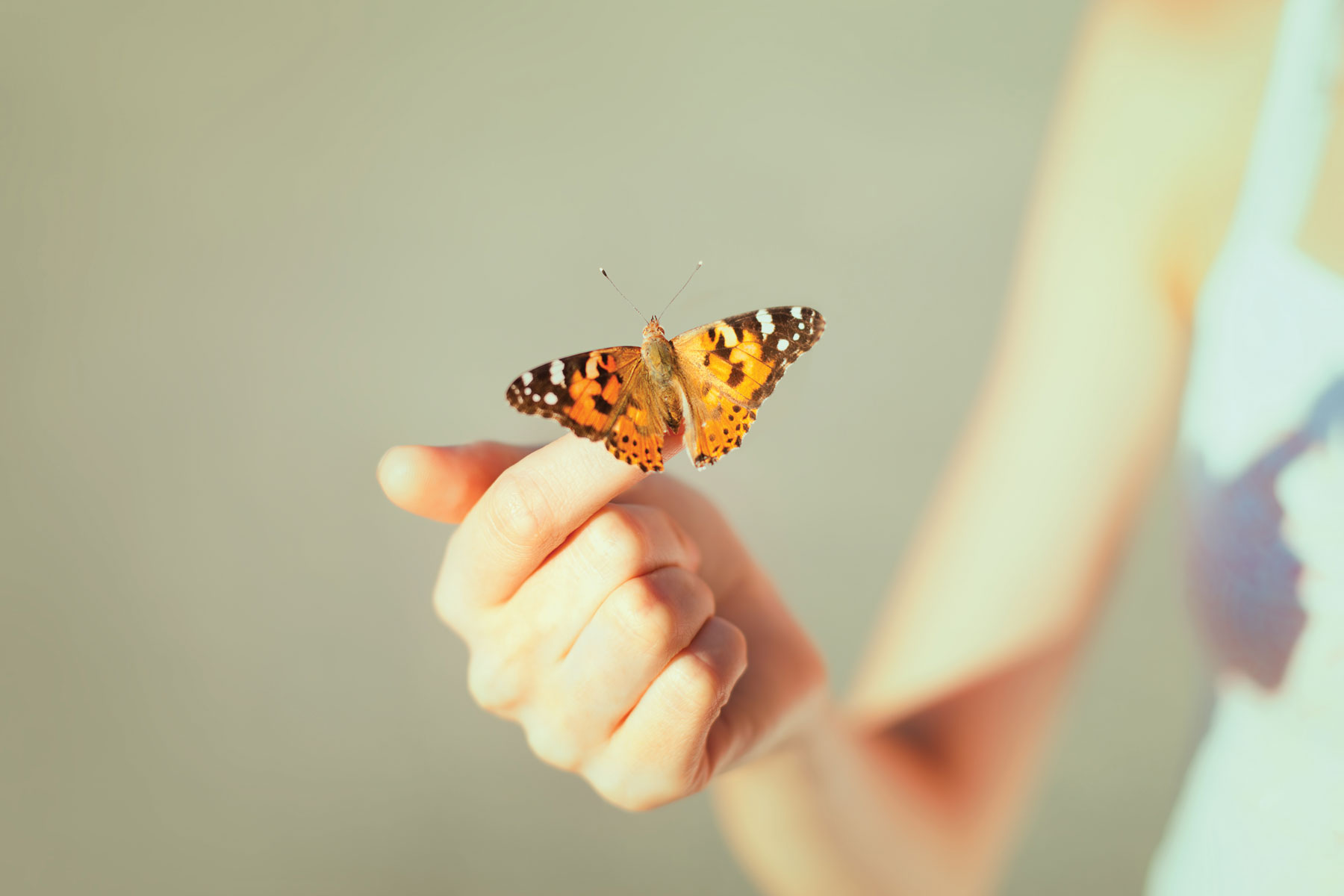
For the past several months, humanity has been fighting a new threat: the coronavirus. A microbial organism invisible to the naked eye, this powerful mutation emerged from a distant corner of the world. At first a marginal news story, today COVID-19 is the only news story, day after day. It’s no exaggeration to say that this coronavirus has upended our lives, toppled our economies, exposed our vulnerabilities and our venality. Nothing is the same. Nothing has remained untouched.
And yet, in the face of this worldwide pandemic, the greatest attack on all we hold dear, we are told to shelter in place and to cover our faces when we do venture out.
Sit still. Stay home. Do nothing.
Our instinct, of course, is to mobilize into hyperactivity. A threat this severe invites a massive response. It is so counterintuitive for us to imagine that staying home is the exact thing we need to be doing right now.
So, I want to offer an image of what we really are achieving with all this apparent passivity. It is not that we’re doing nothing, going nowhere. We are, instead, like a caterpillar entering its cocoon. On the surface, it looks like the little pupa is doing nothing, resting in place. But in fact, it is doing a great deal. Inside that cocoon of shelter and of safety, our little friend is doing the work necessary to be able to emerge resplendent, to be able to soar.
We are, instead, like a caterpillar entering its cocoon. On the surface, it looks like the little pupa is doing nothing, resting in place. But in fact, it is doing a great deal.
We, too, need to use this time to do the work that prepares us for a better tomorrow.
-
- After recognizing the chasm between who truly are “essential” as opposed to those who are overpaid or excessively lauded, can we honor the essential workers by reorganizing our society to provide those workers and their families with sufficient income, health care and retirement benefits to honor their efforts in keeping us alive?
- After recognizing the disproportionate ways the coronavirus is striking communities of color, can we mobilize to remove the toxins of racism and bigotry that continue to blight our society?
- After witnessing the resurgence of anti-Semitism, can we join with other victims of hate to create an unprecedented society that celebrates diversity of all kinds and learns from the wisdom of all faiths?
- As the brutality of COVID-19 reveals itself in mockery of those with special needs, of varying body sizes, the denigration of women, can we stand up in real solidarity for all genders, orientations and bodies?
One last caterpillar insight: Inside the cocoon, the caterpillar isn’t merely sleeping. The body of the chrysalis dissolves and is reorganized as butterfly. The old, dysfunctional structures must be liquefied in order to emerge as something new and beautiful.
Inside the cocoon, the caterpillar isn’t merely sleeping. The body of the chrysalis dissolves and is reorganized as butterfly.
We, too, must dissolve the old habits that do not serve — bigotry, privilege, habit, ego — and do the largely invisible work of positioning ourselves for a world of shimmering colors, of fluttering flight, of breathtaking beauty.
Now is the time to do that work. The world is sheltering in a cosmic cocoon. But we will emerge, and it can be beautiful.
Rabbi Bradley Shavit Artson (bradartson.com) holds the Abner and Roslyn Goldstine Dean’s Chair at the Ziegler School of Rabbinic Studies and is vice president of American Jewish University in Los Angeles and dean of the Zacharias Frankel College in Potsdam, Germany, ordaining Conservative rabbis for Europe.
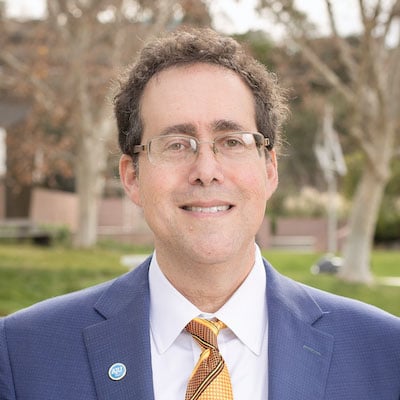






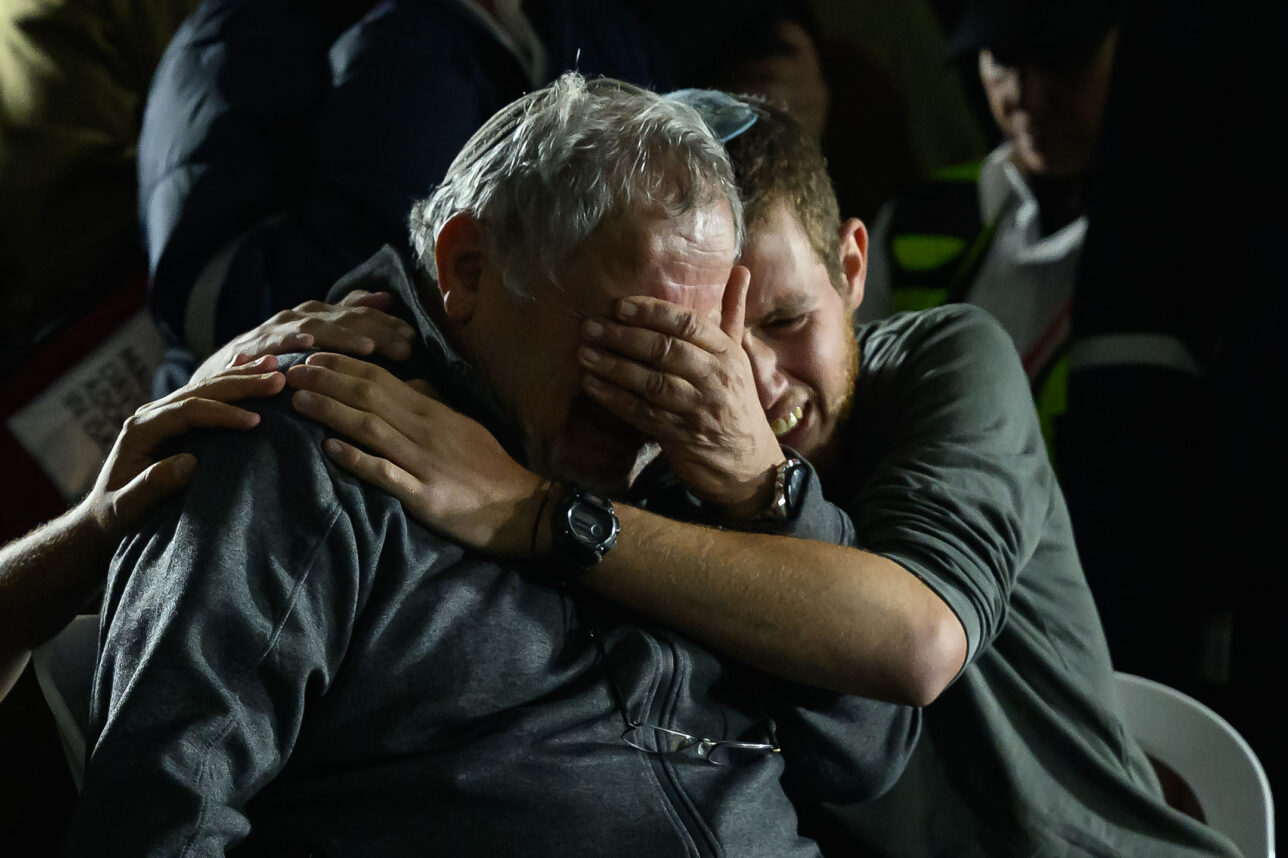
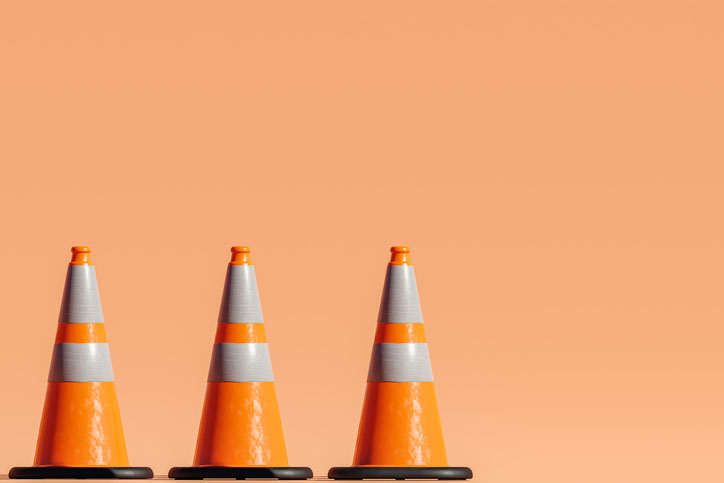





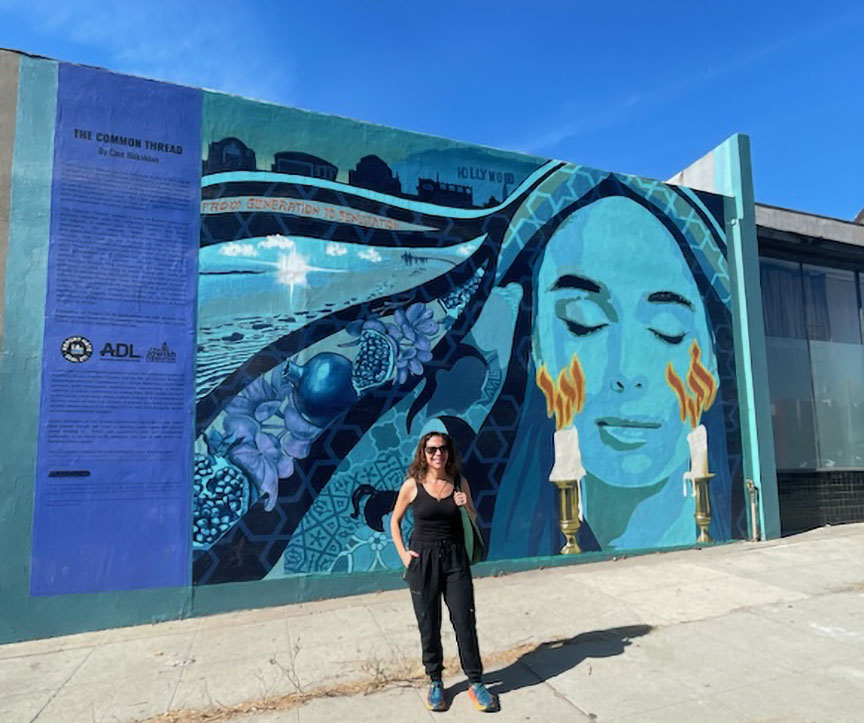

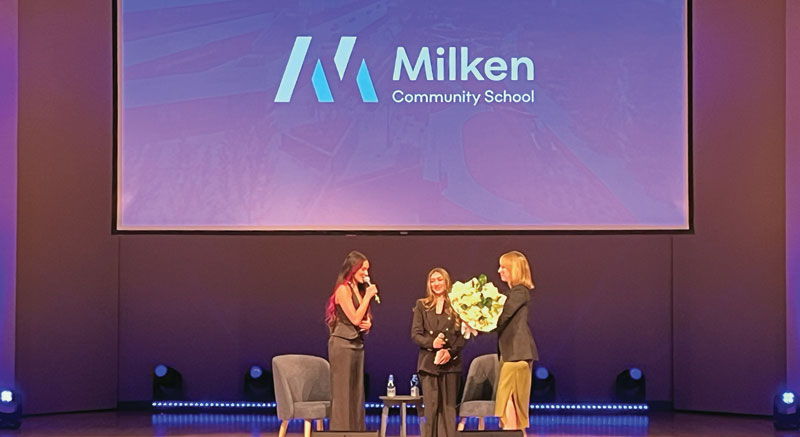





 More news and opinions than at a Shabbat dinner, right in your inbox.
More news and opinions than at a Shabbat dinner, right in your inbox.